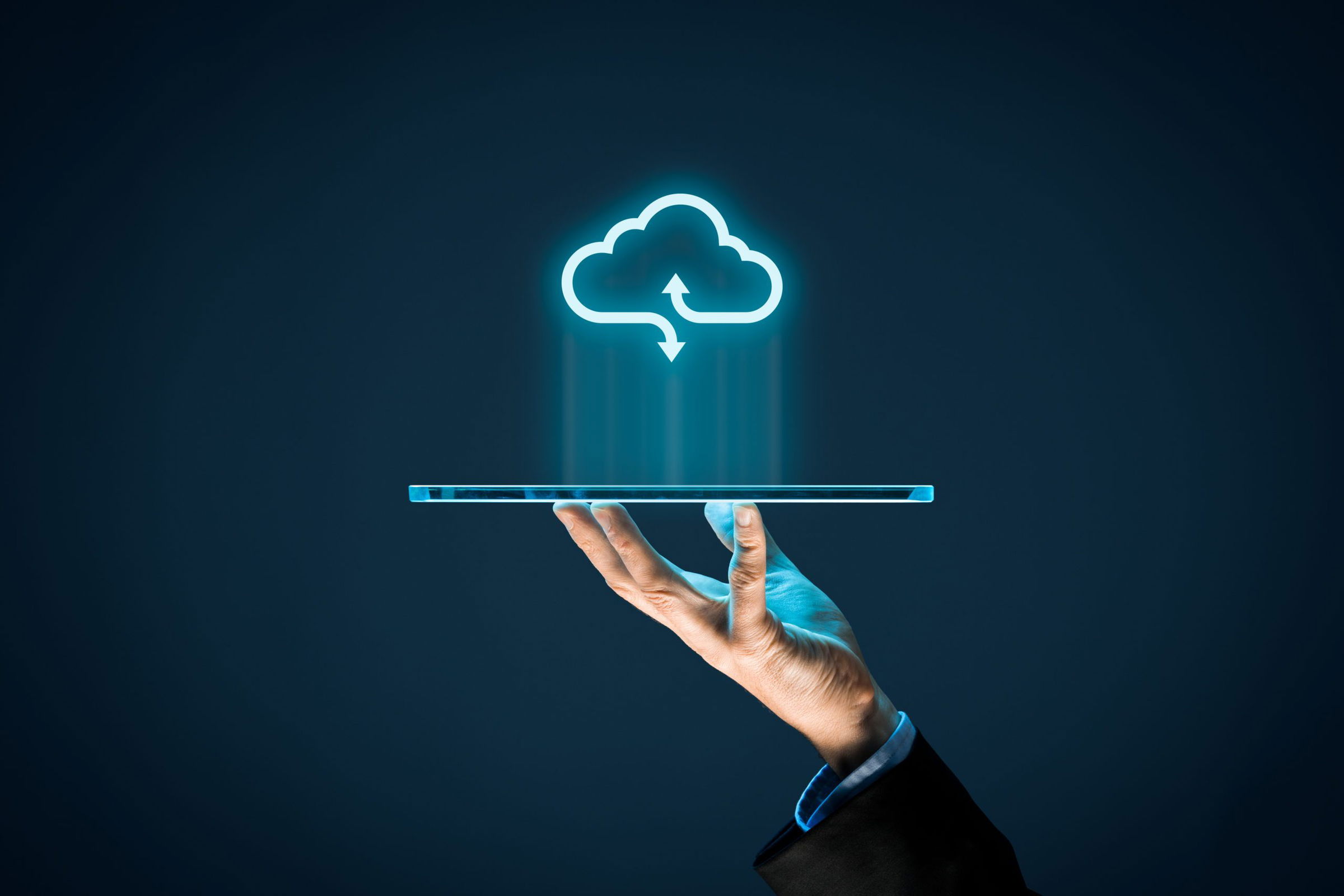The cloud computing landscape has expanded its horizons in past years. Just a few years ago, cloud computing was something that only large companies could afford, but now cloud services are available to everyone at an affordable rate and without the need for on-site hardware.
As cloud computing becomes more prevalent and IoT technologies become cheaper, there are many new opportunities for professionals in the cloud DevOps field.
This article discusses what actually cloud computing is, what it takes to become an IoT and cloud genius and provides some helpful information about certification programs you can take to get started!
What actually cloud computing is?
We live in a modern world where IoT and cloud computing is a fundamental part of our lives. Cloud computing is just like cloud storage – it allows us to access our files from anywhere at any time. In cloud computing, applications and data are stored on servers located in remote data centers rather than a physical computer or local server.
What does it take to become an IoT and Cloud genius?
If you would like to become an IoT and cloud genius, then it is essential that you gain some cloud computing education. Gaining cloud computing education is the best choice to open the doors to making a career. A degree in Cloud computing is a great way to prepare yourself for a cloud DevOps career and the job market.
Some information about certification programs?
There are many different cloud DevOps training courses available out there that allow you to study at home in your own time. However, the main cloud certification you should know about is the professional cloud DevOps engineer certification. The professional cloud certification will teach you all the skills and knowledge required to become a cloud DevOps expert in your organization, so that means less stress for you and your employer!
What is the career path that cloud DevOps professionals follow?
The cloud career path is not an easy one – it takes dedication and hard work to succeed! However, once you have got your foot in the door, cloud computing is a career that will provide you with both satisfaction and financial stability. This path is an exciting and fulfilling one.
The cloud computing industry is constantly growing and evolving; therefore, there will always be a need for cloud DevOps engineers like you! You just have to learn the skills, gain certification, and move towards a successful cloud DevOps career. After cloud DevOps certification, cloud admins can go on to become cloud architects or cloud engineers.
Explore Cloud certification programs with Imarticus Learning.
Imarticus Learning cloud certification programs are designed to help you build your cloud career. Imarticus provides instructor-led training, practice exams, and learning paths for popular cloud certifications. Imarticus Learning courses come in multiple formats – live virtual or self-paced online classes with 24/365 support which is great for cloud professionals who want to study at their own pace.
 Course USP’s:
Course USP’s:
Best suited for cloud professionals and cloud career aspirants.
Training from world-class academic professionals.
Industry-approved curriculum and cloud certification.
Flexible study options: live virtual classes or self-paced learning path.





 Some course USP:
Some course USP: